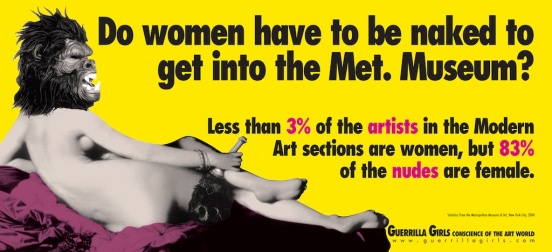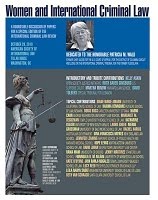With thanks to all of you who’ve already submitted proposals for IntLawGrrls! 10th Birthday Conference here at the University of Georgia School of Law, we’re pleased both to extend the call for papers deadline till Monday, January 9, and to report on how the conference is shaping up:
► Festivities will begin on Thursday, March 2, 2017. That afternoon, from 3:30 to 5 p.m., Georgia Law’s Women Law Students Association will host the 35th annual Edith House Lecture, featuring Judge Ketanji Brown Jackson, U.S. District Court for the District of Columbia. Our conference will open the same evening, at 7 p.m. at Ciné, with a screening of “500 Years,” Pamela Yates’ documentary about Guatemala set to premiere at the January 2017 Sundance Film Festival. Following the screening will be a conversation with Yates, the film’s director and an IntLawGrrls contributor, and with the producer, Paco de Onís.
► A feature of the next day – the Friday, March 3 Research Forum – will be a plenary panel on “strategies to promote women’s participation in shaping international law and policy amid the global emergence of antiglobalism.” Among the speakers of this still-in-formation panel will be these IntLawGrrls contributors:
 Honorable Patricia M. Wald, who’s currently serving by Presidential appointment on the Privacy and Civil Liberties Oversight Board, and who’s career has included service as a Judge on the International Criminal Tribunal for the former Yugoslavia and as Chief Judge of the U.S. Court of Appeals for the District of Columbia Circuit;
Honorable Patricia M. Wald, who’s currently serving by Presidential appointment on the Privacy and Civil Liberties Oversight Board, and who’s career has included service as a Judge on the International Criminal Tribunal for the former Yugoslavia and as Chief Judge of the U.S. Court of Appeals for the District of Columbia Circuit; Emory Law Professor Mary Dudziak, a legal historian of the post-World War II era and the new President of the Society for Historians of American Foreign Relations Law; and
Emory Law Professor Mary Dudziak, a legal historian of the post-World War II era and the new President of the Society for Historians of American Foreign Relations Law; and Conference co-organizer and Stanford Law Visiting Professor Beth Van Schaack, an expert in international criminal law and the laws of war and former Deputy to the Ambassador-at-Large for War Crimes Issues in the Office of Global Criminal Justice of the U.S. Department of State.
Conference co-organizer and Stanford Law Visiting Professor Beth Van Schaack, an expert in international criminal law and the laws of war and former Deputy to the Ambassador-at-Large for War Crimes Issues in the Office of Global Criminal Justice of the U.S. Department of State.
► Filling the balance of Friday, March 3 (before, that is, our evening conference dinner) will be Research Forum presentations by panelists drawn from our call for papers. We’re delighted to extend the deadline for such proposals till Monday, January 9 – and to report that several dozen proposals already have been submitted (and many already accepted, on a rolling basis).
- They’ve come not only from the United States – California, Connecticut, Florida, Illinois, Indiana, Massachusetts, New York, Ohio, Pennsylvania, and Washington, D.C. – but also, in keeping with our global reach, from Canada, France, Hong Kong, Switzerland, and the United Kingdom.
- Expertise is multidisciplinary – among those submitting are policymakers, clinicians and center directors, NGO representatives, students, and professors, in law, psychology, history, political science/international relations, anthropology.
- Topics are global, too, treating issues in Africa, Asia, the Americas and Caribbean, and Europe: the economy (comparative corporate law, corporate social responsibility, international trade); the environment (environmental protection, climate change, gender empowerment); rights (human rights, reproductive rights, women’s rights); humanitarian law and peace and security (genocide, global and human security, terrorism, lethal autonomous weapons); international organizations (enforcement mechanisms like the International Criminal Tribunal for the former Yugoslavia and the International Criminal Court, plus U.N. responsibility related to the Haiti cholera outbreak); international law theory (role of civil society, feminist approaches to international law (in French and English); law enforcement (policing youth, evidence-gathering); armed conflict/postconflict (reparations, the Cold War); and sex and gender (women’s participation in international judging, warfare, and religious practice, as well as issues related to sexual and gender-based violence).
We welcome your participation, too. Click for more information and to submit a proposal.
(Cross-posted from IntLawGrrls)







